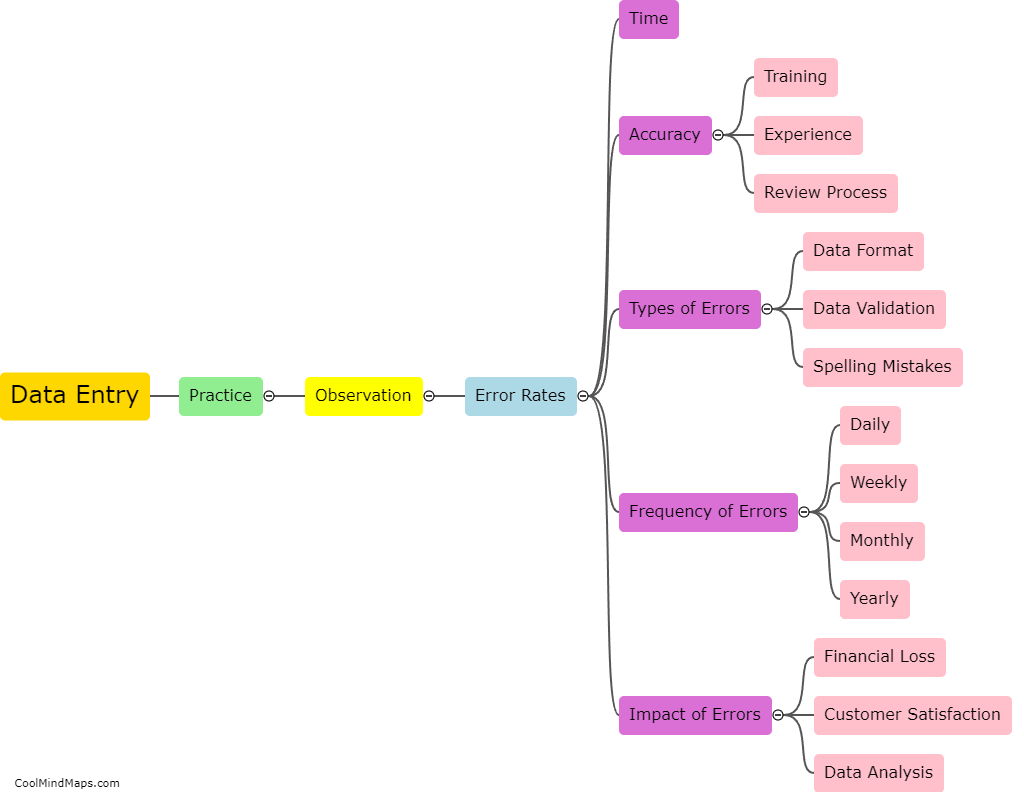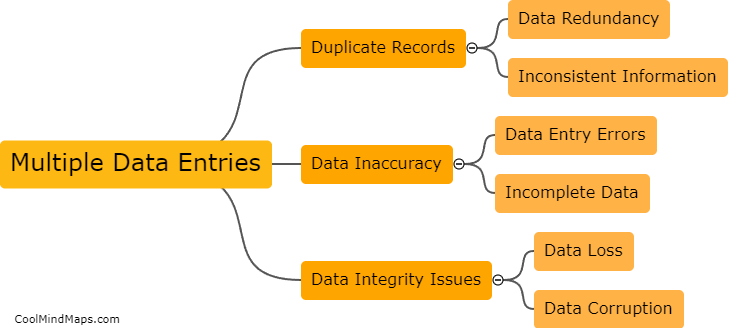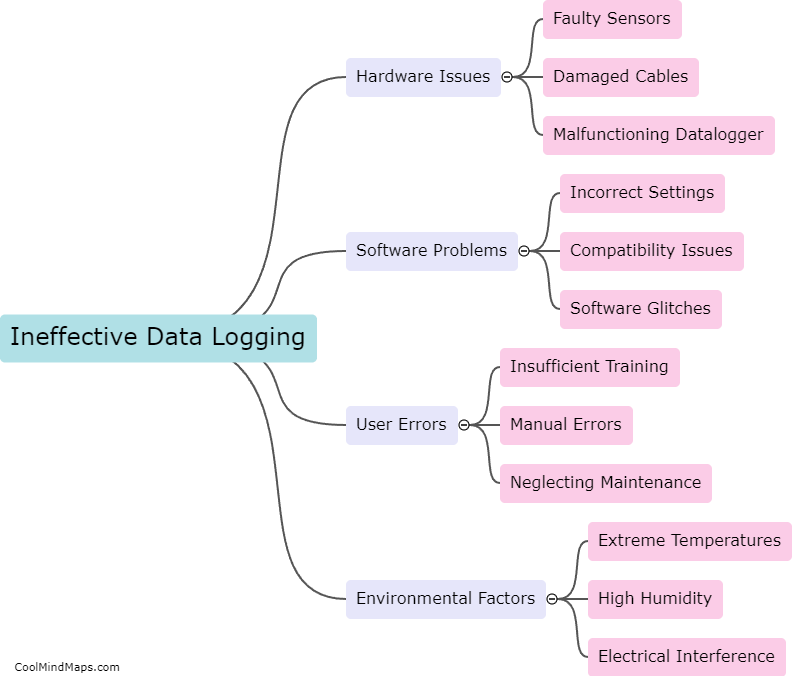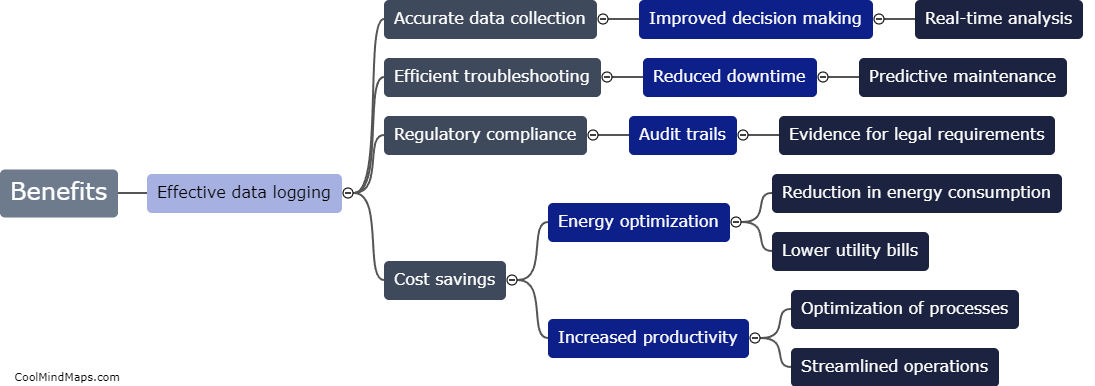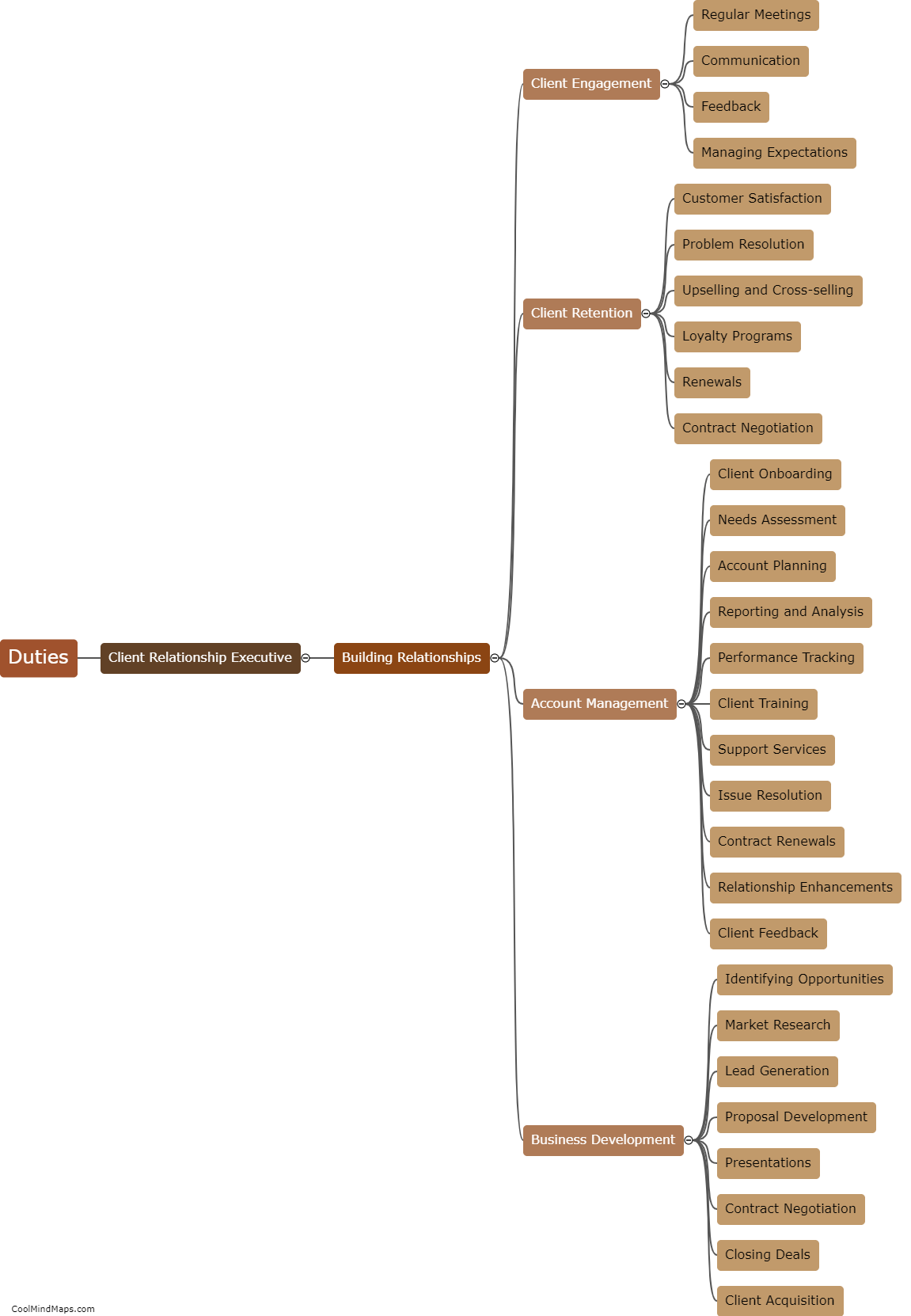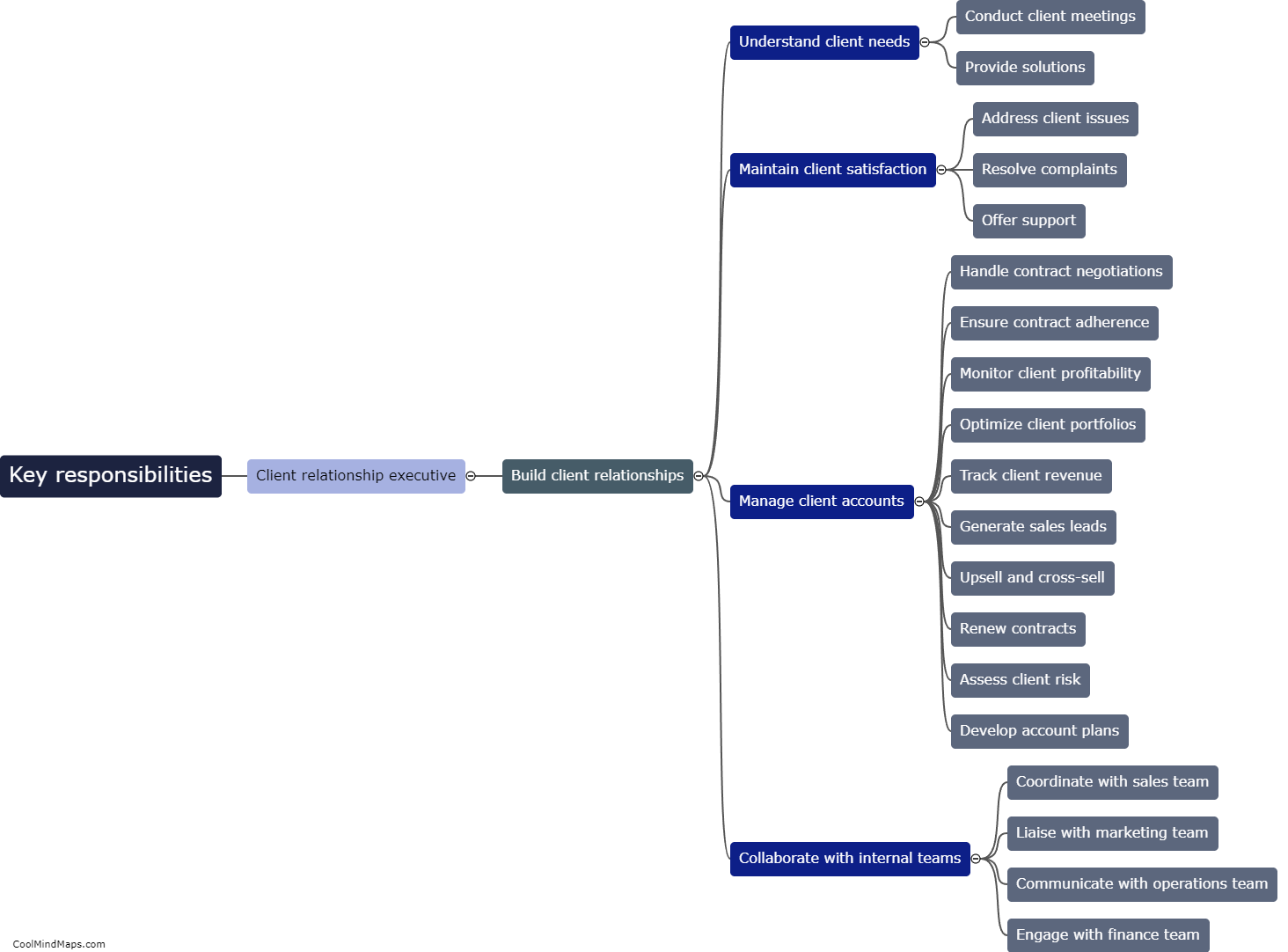How does ineffective data logging affect decision-making?
Ineffective data logging can significantly hinder the decision-making process. Data logging involves the systematic collection and analysis of data, which forms the basis for informed decision-making. When data logging is ineffective, it often results in incomplete, inaccurate, or inconsistent data. This can lead to flawed analysis and unreliable findings, making it challenging to identify patterns, trends, or insights crucial for making informed decisions. Inaccurate or incomplete data can misrepresent the reality of a situation, leading decision-makers to make erroneous judgments and take actions that are not aligned with the actual circumstances. Ineffective data logging can also delay decision-making as it requires additional time and resources to rectify and validate the data, which can consequently slow down the decision-making process. Overall, ineffective data logging compromises the integrity and reliability of decision-making, reducing its effectiveness and potential positive outcomes.

This mind map was published on 20 November 2023 and has been viewed 66 times.




